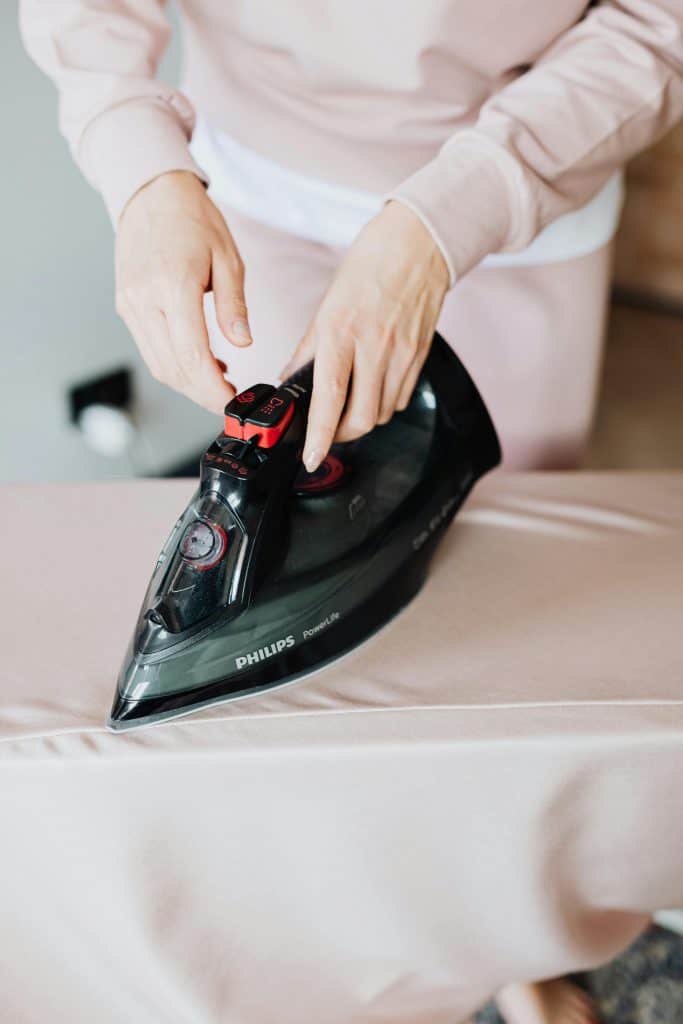Religious Sexism Contributes to Disability
The Cost of Faith
When I was 17 years old, I experienced firsthand how religious sexism and women’s health are connected. I started bleeding so heavily that I soaked through both a tampon and a pad in under five minutes. I was at church, and my mom wasn’t concerned. I trusted my mother. But she trusted God.
She handed me a blue training pad for puppies from the van, and we wrapped it into my leotards. When we got home, I sat on the toilet for 15 minutes as I continued to gush blood. My stepfather gave me a blessing of healing. My mother and sister caught me as I nearly fainted. Eventually, I went to bed on a layer of puppy pads and passed out.
Religious communities frequently downplay or dismiss women’s suffering, framing it as a test of faith rather than a medical emergency. As we witness a global regression in women’s rights, I feel particularly obligated to speak out. I have deeply religious family on both mine and my husband’s side, and I used to uphold patriarchal systems without question. However, as a mother of two girls, I want to contribute to the betterment of women’s lives, rights, and education.
Religious Sexism and Women’s Health
Religious sexism and women’s health are closely linked, often leading to real-world harm, including disability. My parents’ religiously motivated neglect could have caused severe health complications—cardiac arrest, permanent organ damage, or an increased risk of stroke. At 33, I finally learned that I had PCOS, a condition common among autistic women, explaining my lifetime of painful, drawn-out, and unpredictable periods. Around the same time, I discovered my autism. Without support for my physical health, I also lacked recognition or care for my mental health.
Women’s rights had been improving globally, but history shows that after economic or global crises—such as COVID-19—radicalism takes root. As suffering increases, people seek someone to blame. When fear spreads, communities cling to what is familiar. Since North America was built on imperialism and religion, political rhetoric like “Make America Great Again” revives past norms that restricted healthcare access, denied women autonomy, and dismantled social safety nets. By embracing these ideals, society places all women at risk of lifelong consequences, including disability.
The Cultural Rhetoric of Religious Sexism and Women’s Health
My daughters walk around saying, “Girls are better than boys.” I’ve never met a man who I thought profoundly deserved the woman he was with. Never. Show me a couple, and I will show you the pool of blood she has lost in the effort to paint a perfect portrait of her family, dragging some pathetic excuse of a man behind her in the trail of her excellence.
The Burden of Unpaid Labor on Women’s Health
Women perform a disproportionate share of unpaid domestic and care work compared to men. Globally, women dedicate approximately 4 hours and 25 minutes per day to unpaid care work, while men contribute about 1 hour and 23 minutes daily.

My mother cooked dinner every night while raising eight kids and maintaining a spotless house. I subscribed to being a homemaker because it was all I had ever known and all I was ever shown. Now, as a homemaker myself, I understand with a sympathetic heart how much my mother sacrificed to keep her husband happy. Mormonism, a patriarchal Christian religion, reinforces strict gender roles. I once believed that women were built differently—biology made them tender, patient, and resilient.
They should be home, hair up, face painted, cookies in the oven, and ready to get on their knees… in whichever way you take that. This ideology is so deeply insidious that no Mormon woman could admit she is guilty of engaging in this lifestyle—because it is framed as righteousness rather than subjugation.
The Idealization of Women as Servants and Its Impact on Women’s Health
To idealize a woman—to pick her up, force her into a mold, and place her into the white picket-fenced facade of her life—is to strip her of everything unique. She becomes a doll with no hopes, dreams, or desires.
Dolls do not need freedom. They do not need opinions. They do not need healthcare. They are strong, without feelings. Their needs are trivial and not to be believed. They stay. They birth. They cook. They work. They listen. They perform. The man is the head of the household, and the wife submits to his every whim. LDS teachings reinforce this belief by stating that “Fathers are to preside” and “mothers are primarily responsible for the nurture of their children,” discouraging women from prioritizing careers or personal ambitions.
Economic Disparities, Gendered Labor, and Women’s Health
These ideas extend beyond Mormonism, embedding themselves into societal norms. Unpaid internships are disproportionately prevalent in female-dominated industries, perpetuating gender inequities in the workforce. This trend not only affects individual career trajectories but also reinforces systemic disparities in compensation and professional advancement.
Anything requiring care—nursing, childcare, teaching—relies on unpaid or severely underpaid labor. Female-dominated fields such as media, non-profits, and the arts frequently offer unpaid internships, overrepresenting young women in unpaid roles and reinforcing the notion that their work is less valuable.
The True Cost of Religious Sexism and Women’s Health
Over the coming weeks, I will explore how religious sexism and women’s health are intertwined, impacting autonomy, economic mobility, and long-term well-being.
Women are expected to do more, receive less, and be grateful for it. This system keeps them trapped—by limiting reproductive rights, restricting financial independence, and glorifying suffering as a virtue.
Faith-based oppression and women’s well-being have been interconnected for centuries. Religion has always shaped laws and social expectations, but when it dictates medical care, economic mobility, and bodily autonomy, it becomes a systemic threat to women’s health. The cost of faith is not just submission—it is suffering, and for many, it is disability.
Please Help Me Secure My Accessible Forever Home
And Check out some of my other posts!
